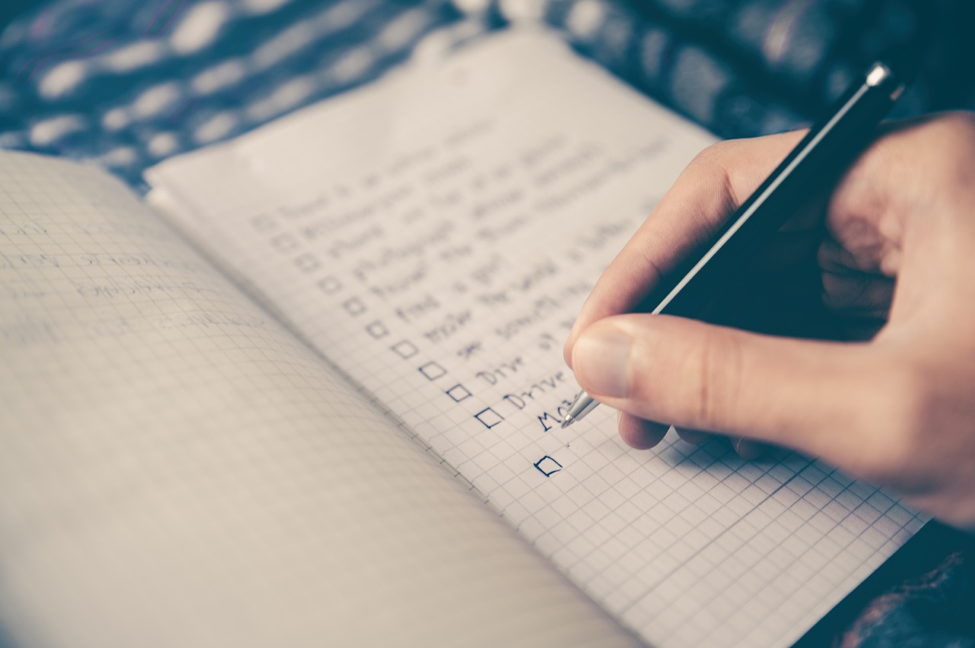
Morning routines are stressful.
Between getting your kids dressed, fed, and ready for school...
Getting yourself showered and ready for your big meeting…
Or Suzy melting down because she wanted to wear the purple dress, not the green one…
…simply making it past 10 a.m. without ripping your hair out may seem like an accomplishment.
If you’re someone who can relate, we have good news for you.
There are strategies you can put in place to relieve morning routine stress–and we are going to share them with you right now!
Keep reading to discover 5 strategies for taking the stress out of your morning routine.
Strategy #1 – Get Your Morning Prep Work Done the Night Before

Getting ready in the morning is a lot of work.
That work is only multiplied if you have kids that you need to get out the door in the morning, too.
In order to cut down on the morning chaos, we recommend you do as much as you can in the evening to prepare yourself for the following morning.
This may include…
- Adopting a nighttime bath/shower routine so people are squeaky clean when they wake in the morning.
- Packing school lunches before you go to bed so they are ready in the morning.
- Laying out both your clothes and your kids’ clothing the night before.
Think about every task that eats up your time and causes stress in the morning. Then, see if you can fit it into a more relaxed evening routine.
Strategy #2 – Set Aside 15 Minutes of Meditation Time
Starting your day in the right frame of mind will help set the tone for your entire day.
For this reason, we recommend you spend 15 minutes each morning meditating.
There are many ways to meditate.
For instance…
- If you’re religious, you might spend 15 minutes in prayer or reading scriptures.
- If you need to relax and find peace, you might try deep breathing exercises.
- If you love to exercise, 15 minutes of yoga might be what you need.
Tip: If you have kids, be sure to set an alarm and meditate before they wake up in the morning!
Strategy #3 – Avoid Rush-Hour Traffic

Two words…road rage!
If you have a long commute in a trafficky area, you know how stressful getting to work every day can be.
There’s not much that can be done in terms of clearing the highways.
However, if it’s possible, you might want to think about timing your drive into work so you miss rush-hour traffic.
Your first option is to get to work early if you’re able to do so.
Talk with your boss to see if it’s possible to adjust your hours so you can come in early, and then leave early.
The second option is to leave for work after rush hour.
If you’re able to do some of your work virtually, you might be able to make a deal with your employer to work through rush-hour traffic from home, and then come into the office a little later in the morning.
Strategy #4 – Don’t Check Email Until You Get to Work
We’ve all made the mistake of opening our emails before getting to work only to find a nasty email from the boss or a client.
This type of negativity before your workday even begins can easily put a damper on your morning routine.
For that reason, make it a rule that you don’t read emails before you get to work.
Strategy #5 – Prepare an Evening Game Plan

It’s hard enough to make it through a morning routine.
Therefore, there’s no reason to add extra stress into your morning by wondering…
- What do I need to make for dinner?
- What kid has sports practice today?
- Who’s in charge of carpool?
Before you go to bed, have all your evening plans for the next day mapped out and formulate your plan to handle your after-work routine.
To reduce stress even further, try prepping meals in advance so they are ready to cook when you get home, or map out your carpool routine for optimal time management purposes.
How do you make your morning routine less stressful? Let us know your suggestions in the comments below!








